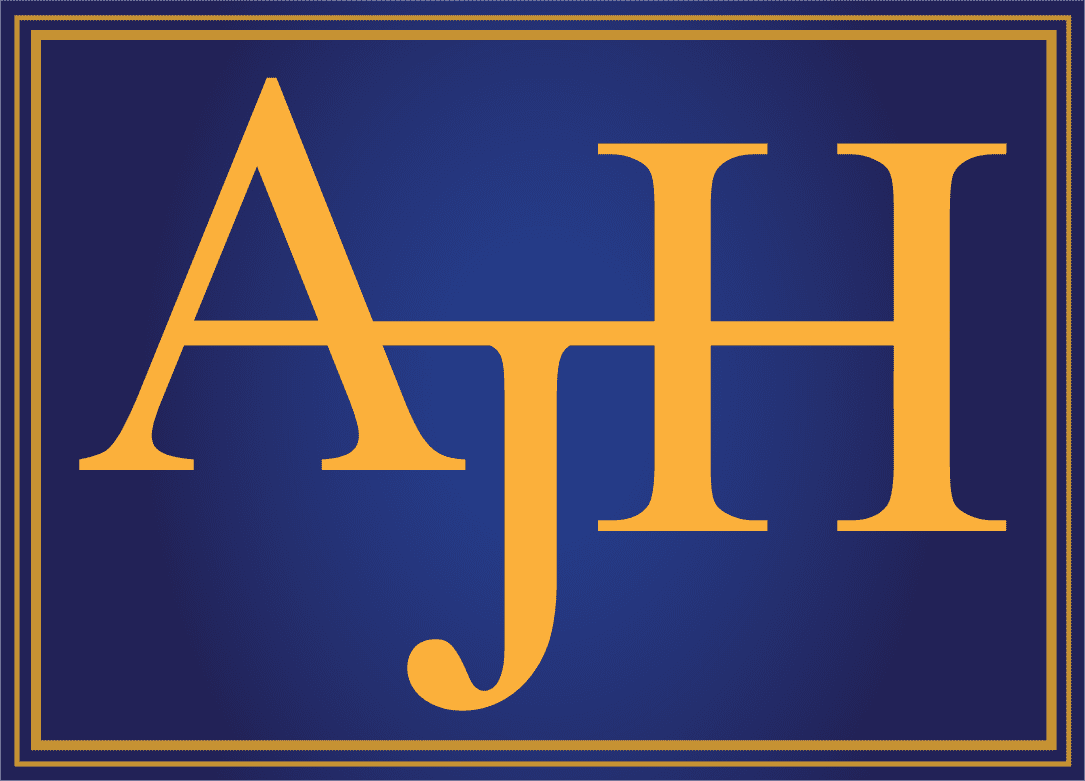On August 23, 2024, the U.S. Court of Appeals for the Ninth Circuit entered its decision in Zeyen v. Bonneville Joint Dist., #93, 114 F.4th 1129 (9th Cir. 2024). The Appellee Districts were represented by Anderson Julian and Hull’s attorneys, James Stoll and Jamie Maas.
In Zeyen, the Ninth Circuit examined claims brought by a class of Idaho students and patrons under the Takings Clause of the Federal Constitution, challenging fees imposed by Idaho public school districts for various educational and extracurricular activities. Id. at 2. The fees at issue in Zeyen concerned charges for optional courses and activities including Early Childhood Development classes, Band, CPR certification cards, optional locker use, and technical training courses. Id. at 2-3. The fees were argued to constitute a “Taking” without just compensation in violation of the Takings Clause of the Fifth and Fourteenth Amendments to the U.S. Constitution under two theories: (1) that they possessed a vested private property interest in the Idaho State Constitution for free education; and (2) that the government’s taking of their money constituted an unlawful ‘exaction’ pursuant to the U.S. Constitution. Id. at 3. On both theories, the Ninth Circuit disagreed. The Ninth Circuit held (i) there was no vested property right in these services under the Idaho Constitution, (ii) the students’ payment of these services was not a Taking under the U.S. Constitution, and (iii) any Taking was not for public use but rather for just those students.
In pertinent part, the Ninth Circuit outlined when, under Idaho’s educational scheme, a course or educational opportunity is required to be provided for free. The court emphasized that whether fees can be charged depends on whether the fees are assessed for services that go beyond the minimum educational requirements set by the Idaho legislature. The Court noted that if the Legislature were to amend the definition of public education by, for example, removing math as a required element, schools could then charge fees for math classes, so long as those fees are reasonably tied to the provision of teaching arithmetic:
Said another way, fees cannot be charged for anything legislatively defined to be within the minimum educational requirements. If the Legislature amends the definition of ‘public education’ by, for example, removing math as an element of public education, schools may then properly charge fees to students who choose to take math class, so long as the fees are reasonably tied to the provision of math class.
See Zeyen, 2024 WL 3909574 at 10, and note 10.
The Court also clarified that the mere obligation to pay the fees at issue cannot constitute a Taking under the Takings Clause. Id. The Court determined that because the specific educational entitlements the Appellants asserted were required to be provided for free were not prescribed as a mandatory part of Idaho’s public education scheme by the Legislature or the State Board of Education, they were not required to be free. Id. As such, the payment of such fees to the school districts, bearing a reasonable estimation of the costs for the services provided, could not constitute a direct governmental appropriation of a specific, vested monetary interest sufficient to give rise to a Takings claim. Id. at 12. Additionally, the Court rejected the notion that the fees at issue constituted an unconstitutional exaction, noting that because the fees were reasonable estimations of the costs associated with providing the optional educational benefits and were not imposed as a general charge on all students, they were properly classified as “user fees.” Id. Therefore, the Ninth Circuit held that as a matter of federal law, Idahoans do not have a property interest in the money spent on the fees for the purposes of a Takings Clause claim. Id.
Finally, the Court identified an additional basis for dismissing the claims at issue in Zeyen, finding that “even if [the plaintiffs] did possess a vested private property interest,” there was still no basis for the underlying Takings claim because the plaintiffs “cannot allege that such property (their money) was taken for public use.” Id. at 13. The Court found that the “fees did not benefit the ‘public’ because they were directly tied to the conferral of specific benefits extended to Appellants in exchange for the fee.” Id.; see also, e.g., Haw. Hous. Auth. v. Midkiff, 467 U.S. 229, 245 (1984) (“A purely private taking could not withstand the scrutiny of the public use requirement; it would serve no legitimate purpose of government and would thus be void”).
The takeaway from Zeyen is that fees for optional courses and services are proper under the Idaho Constitution. Such fees are constitutional, and appropriately paid by parents who exercise the option to take advantage of such services, as such fees are not a “charge on attendance at the school,” but rather, a charge to participate in optional courses or services offered in addition the minimum constitutional requirements of a public Idaho education.

